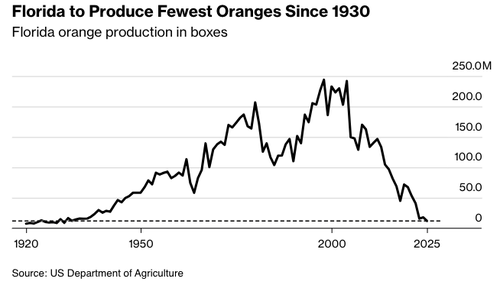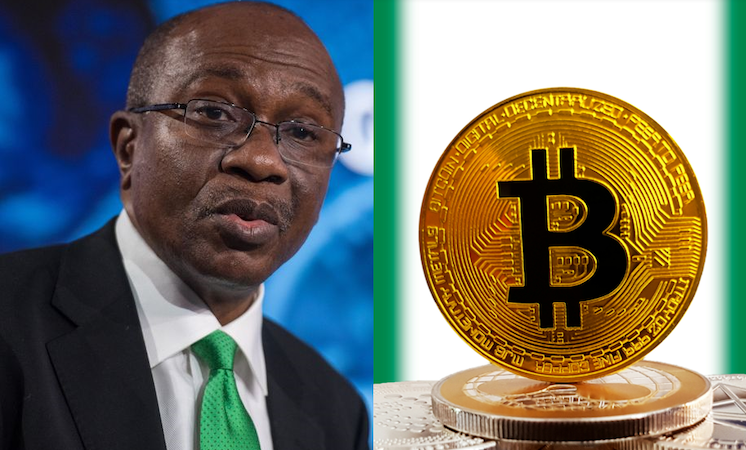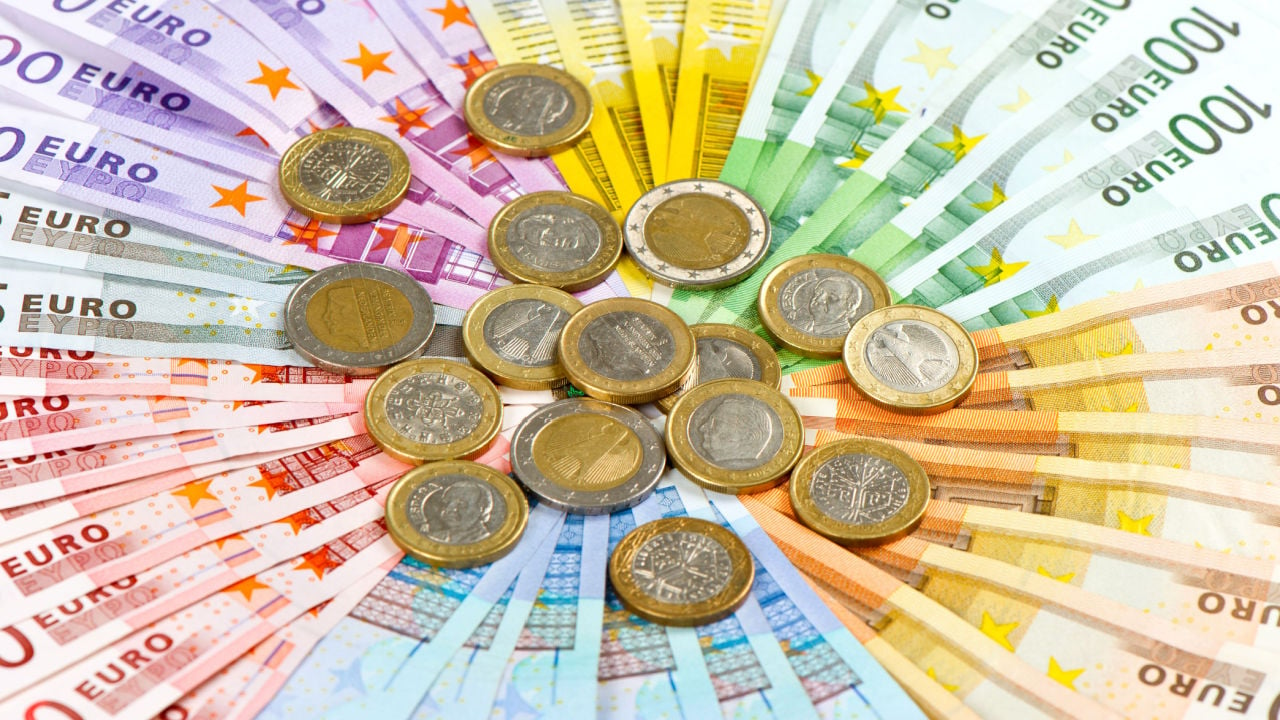Marianne, the most potent and evocative symbol of the French Republic, must be in tears. For the last five days, violent protests followed by indiscriminate rioting have lashed major French cities, aimed primarily at law-enforcement authorities, resulting in widespread destruction of public property. The immediate provocation was the killing of a 17-year-old boy of North African descent by a French policeman on July 27. French President Emmanuel Macron is arguably facing his toughest political challenge.

The events of the last few days — large-scale rioting, destruction of public property and anger towards law enforcement — bring back painful memories of 2005. Back then, after the death of two teenagers, three weeks of rioting followed. A state of emergency was declared and it took the government 10 long days to bring the situation under control. At least 10,000 vehicles were burnt, and 233 public buildings and 74 private ones were damaged in 300 different districts. Over 4,000 people were arrested. The toll this time promises to be heavy as well. The use of social media has also exacerbated matters. Already, 1,000 people have been arrested and an estimated 45,000 police personnel deployed with armoured vehicles. It is worth remembering that this is also the high tourist season, so the economy is likely to take a hit, in addition to the riots tarnishing France’s global image.
The killing of Nahel Merzouk — the 17-year-old boy of Maghrebi Algerian descent who was shot dead by a police officer during a traffic stop on June 27 — for what essentially was a petty offence is both shocking and condemnable. But the reasons for the sweeping anger and resentment run much deeper. France has always struggled to reconcile its two fundamental objectives: The overarching need to ensure liberty and equality to all its citizens and the imperative need to ensure order in the Republic. The first objective of liberty and equality stands compromised because of accusations of systemic racism against people of North African descent, by not just law enforcement but also more broadly, French society.
The second objective of maintaining public order is becoming more and more difficult because of restlessness among young people resulting from lack of gainful employment; this is forcing a generation to rely heavily on the generous social welfare the French State provides. This does two things: It leads to an invalidation of one’s own self-worth for these young men and women, many of them of North African descent; and, it causes the rest of the society to view this segment of the population as parasites living off the State. These perceptions may be wrong but they get internalised, cemented and, over time, become a self-fulfilling prophecy. This may well explain the extent of anger and resentment felt by the young towards the authorities; it also explains, at least in part, the resultant police brutality. A vicious cycle is thus set in motion: The young have no stake in the system, and the police, who feel demoralised, respond in the only way they know — with brute force.
This vicious cycle needs to be broken. It is hard to speculate, but current events may well prove to be the tipping point. Already, comparisons are being made to the police in, say, Germany and the United Kingdom, and questions are being asked as to why their reputation seems vastly better than the one in France. More damagingly, the office of the UN high commissioner for human rights in Geneva has just called on France to seriously address the deep issues of racism and discrimination in law enforcement. A spokesperson of the office also emphasised the importance of peaceful assembly and called on the French authorities to ensure that the use of force by police to address violent elements in demonstrations respects the principles of legality, necessity, proportionality, non-discrimination, precaution, and accountability. While it may be unfair for the UN body to remind Paris about the importance of peaceful assembly, it is probably right to ask the French authorities to address racism and discrimination in law enforcement.
More than ever before, France must reckon with the troubling legacy of its banlieue — of rampant social disenfranchisement and large, troubled non-White populations that don’t see themselves being treated on an equal footing by the authorities. Banlieue — which roughly translates to suburb — is more than a governance problem. The most notorious example of the banlieue in Paris is something known by its pincode, 93, which houses mainly people of North African descent and is characterised by high unemployment, widespread disconnect with the society and government, and lawlessness; it is considered a no-go zone even for the police. The difference between living in pincode 7 as opposed to pincode 93 in Paris is like living on two different planets that bear no resemblance to one another.
This can and must be tackled. More importantly, gainful employment opportunities need to be created urgently through massive investment in education for the disenchanted young. This must be done on a war footing.
France will bounce back. It always does. But it is in the abiding interest of France to look at the structural reasons for recent events and take remedial measures without delay.
Mohan Kumar is former Indian ambassador to France and dean/professor at OP Jindal Global University. The views expressed are personal.







![The Complete List of Stocks That Pay Dividends in July [Excel Download] The Complete List of Stocks That Pay Dividends in July [Excel Download]](https://www.suredividend.com/wp-content/uploads/2022/11/July-Dividend-Stocks-e1667940376490.png)








